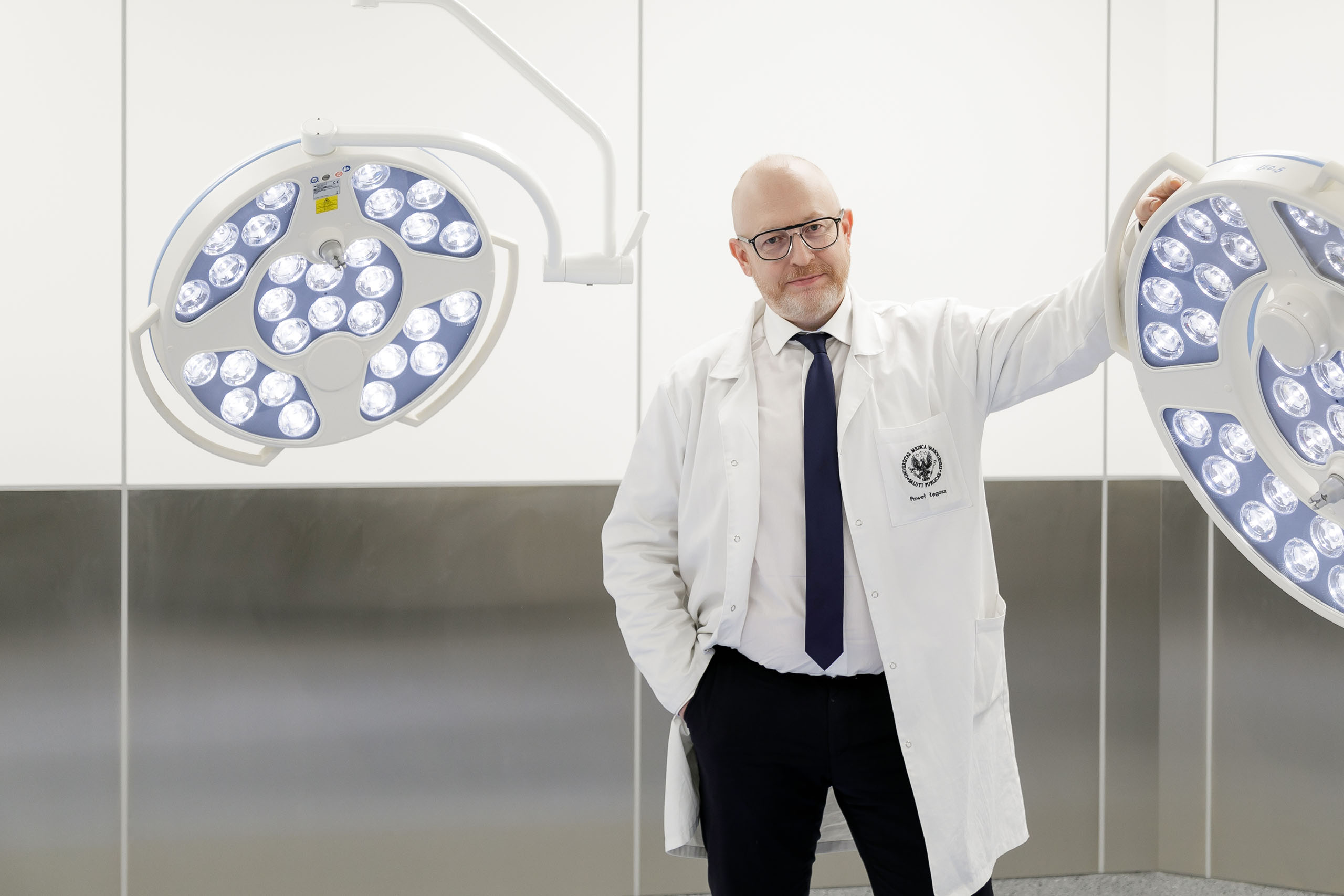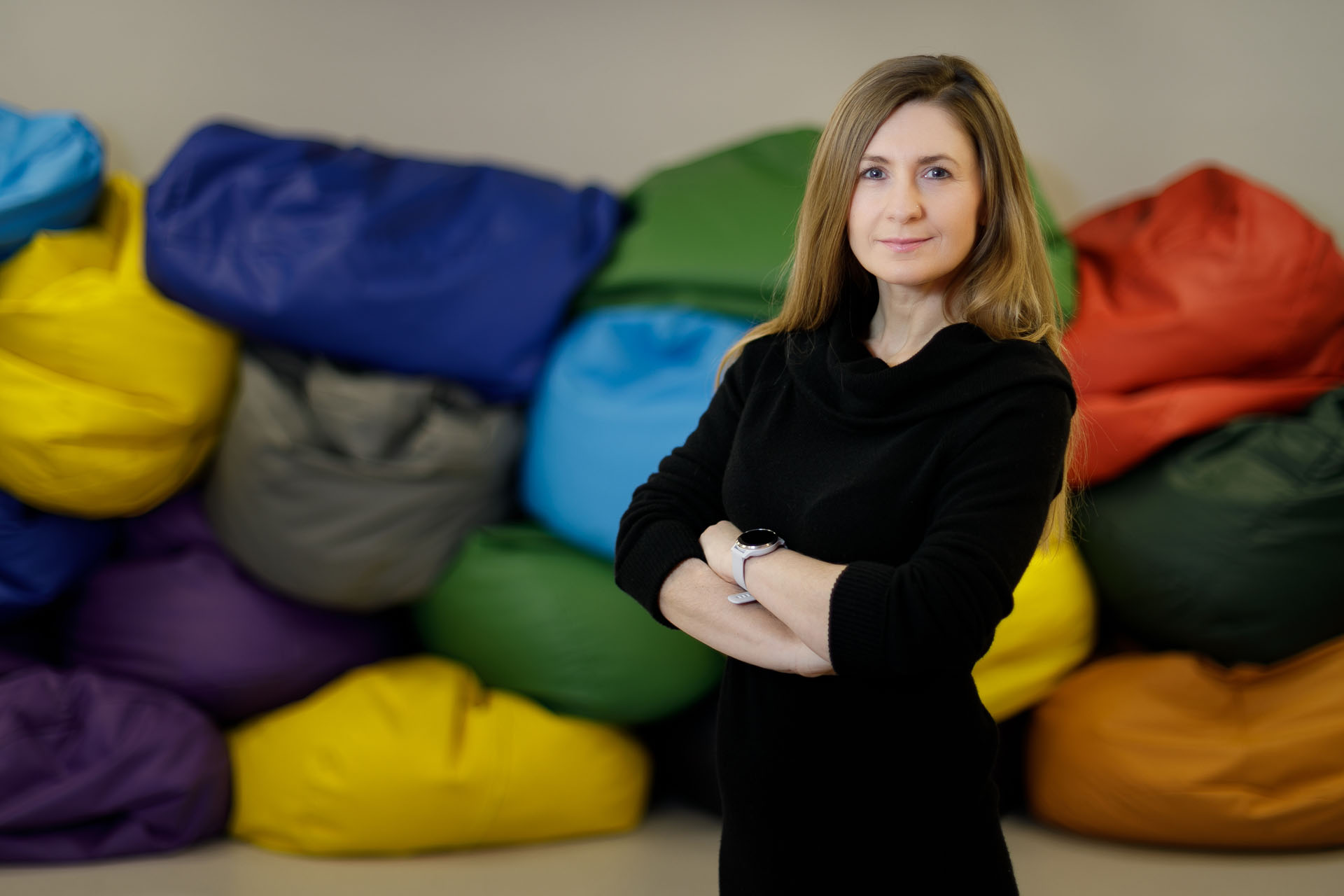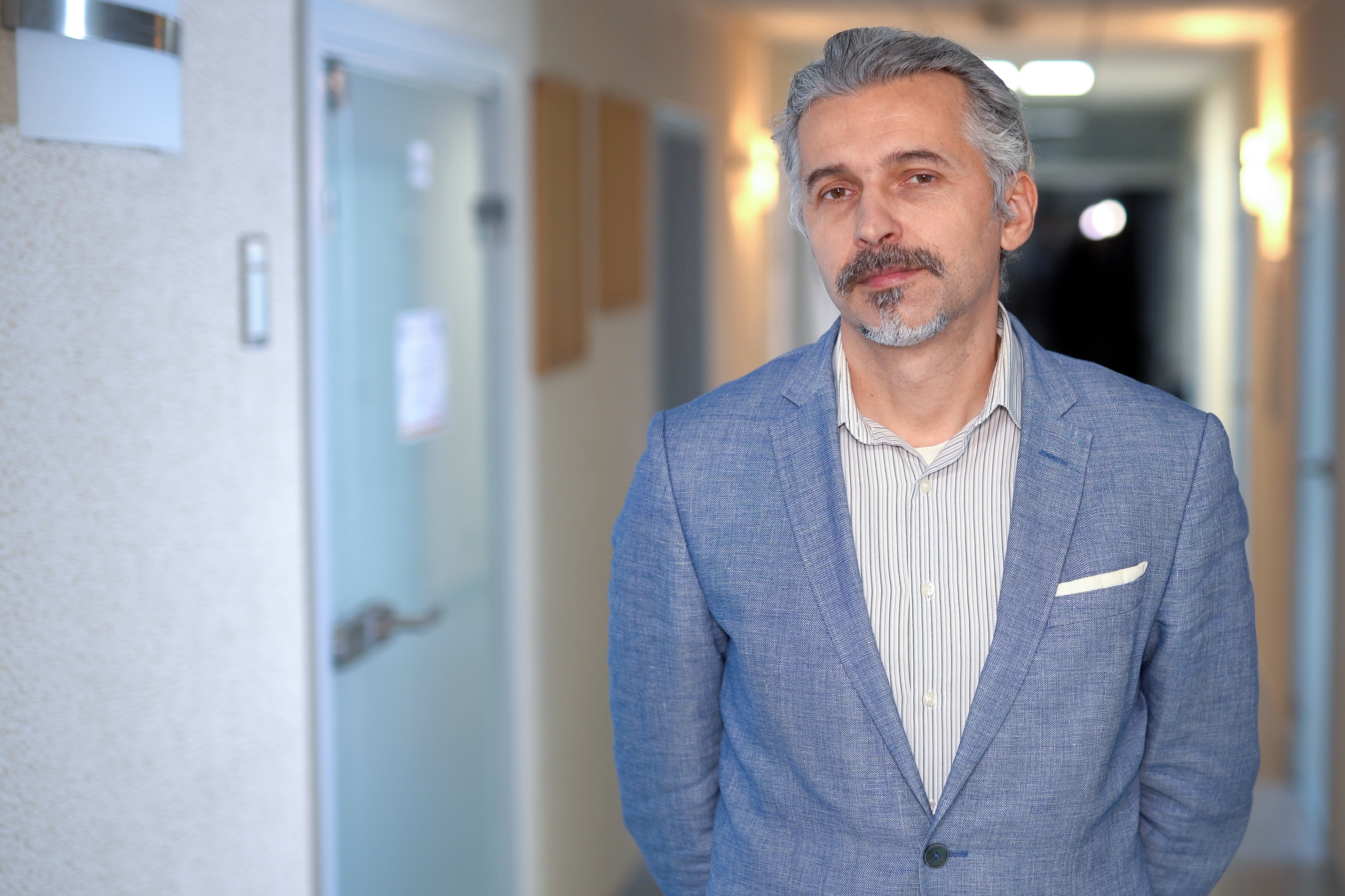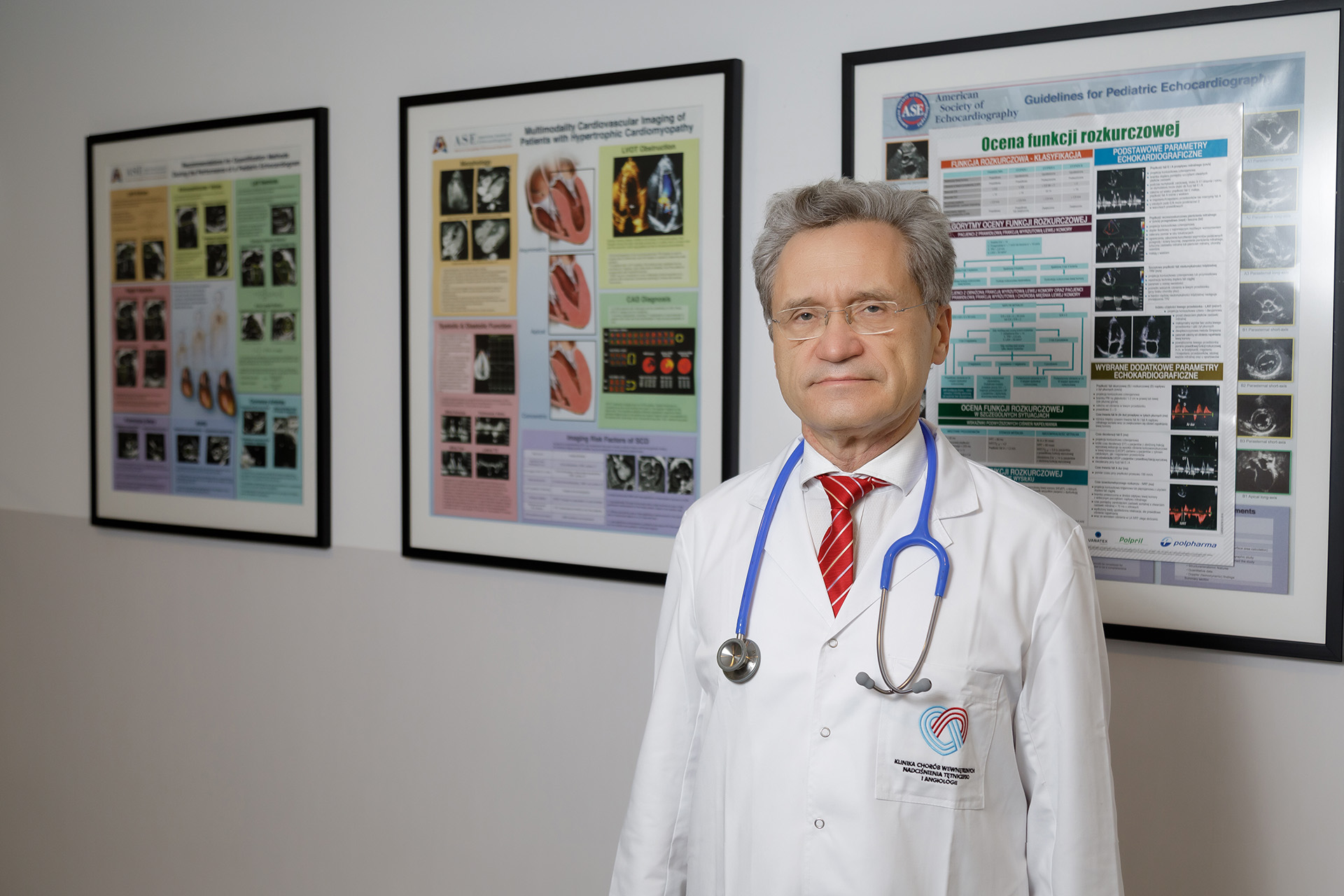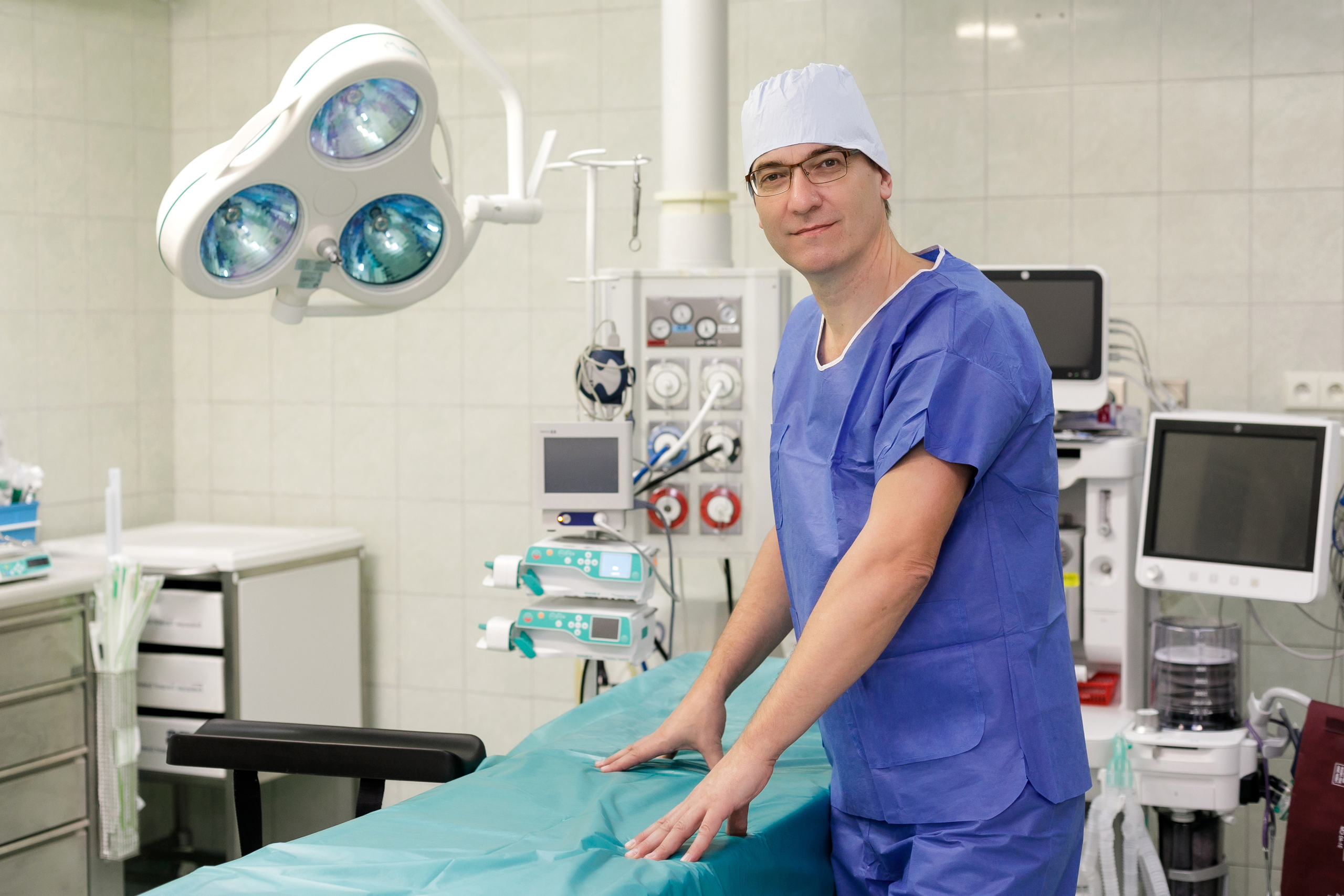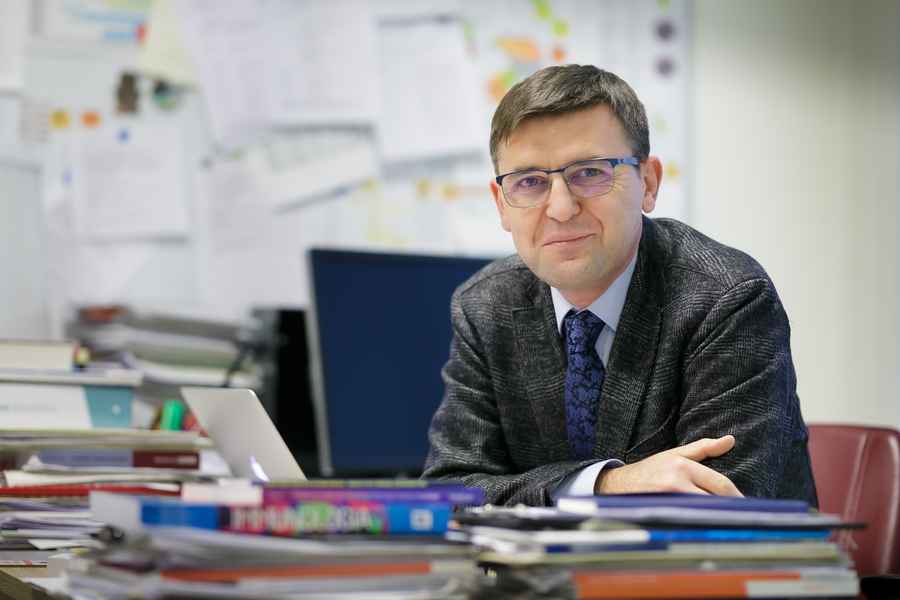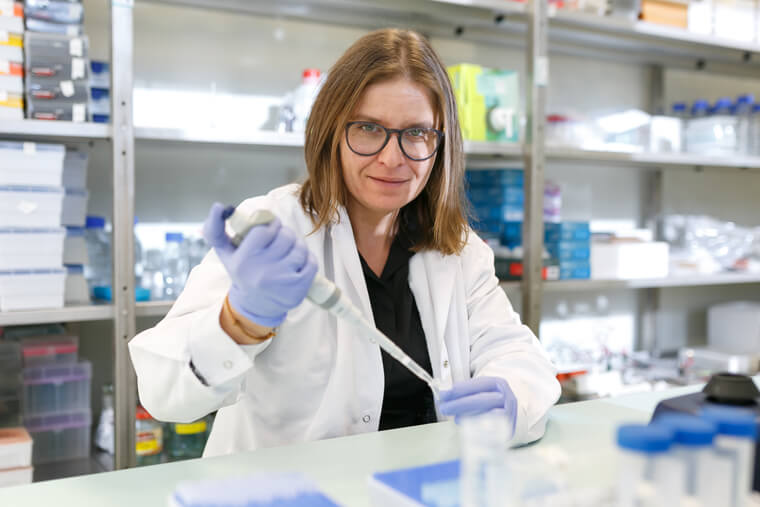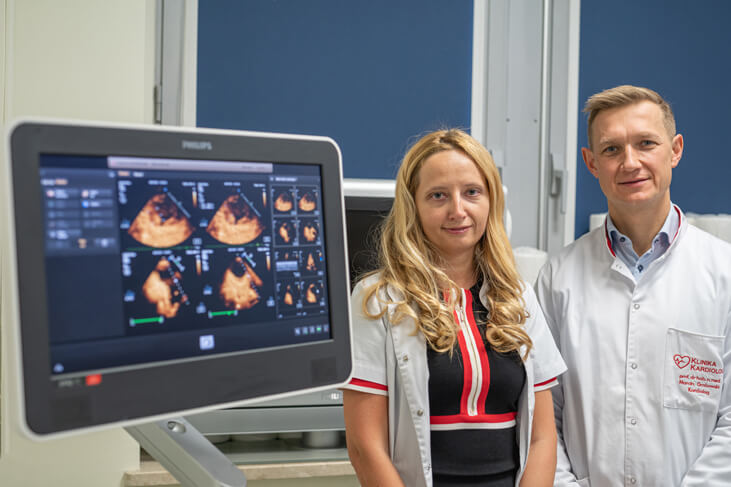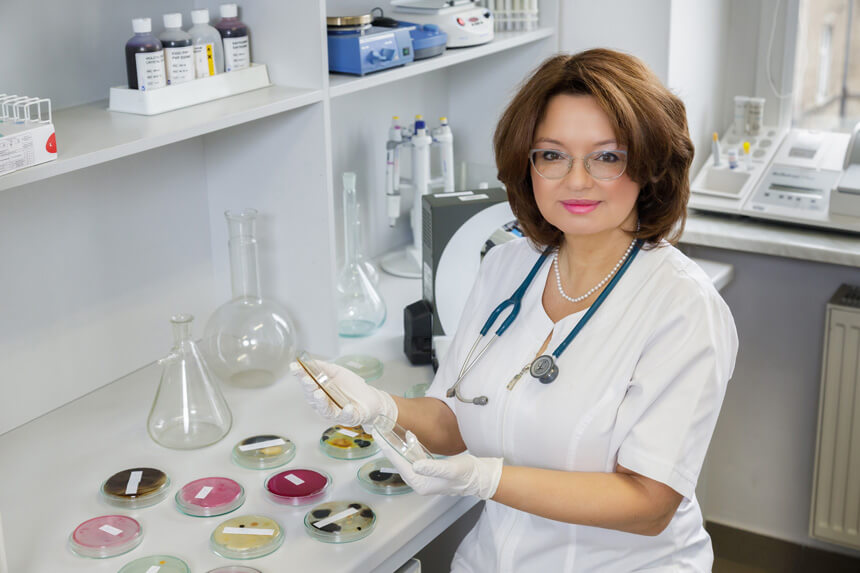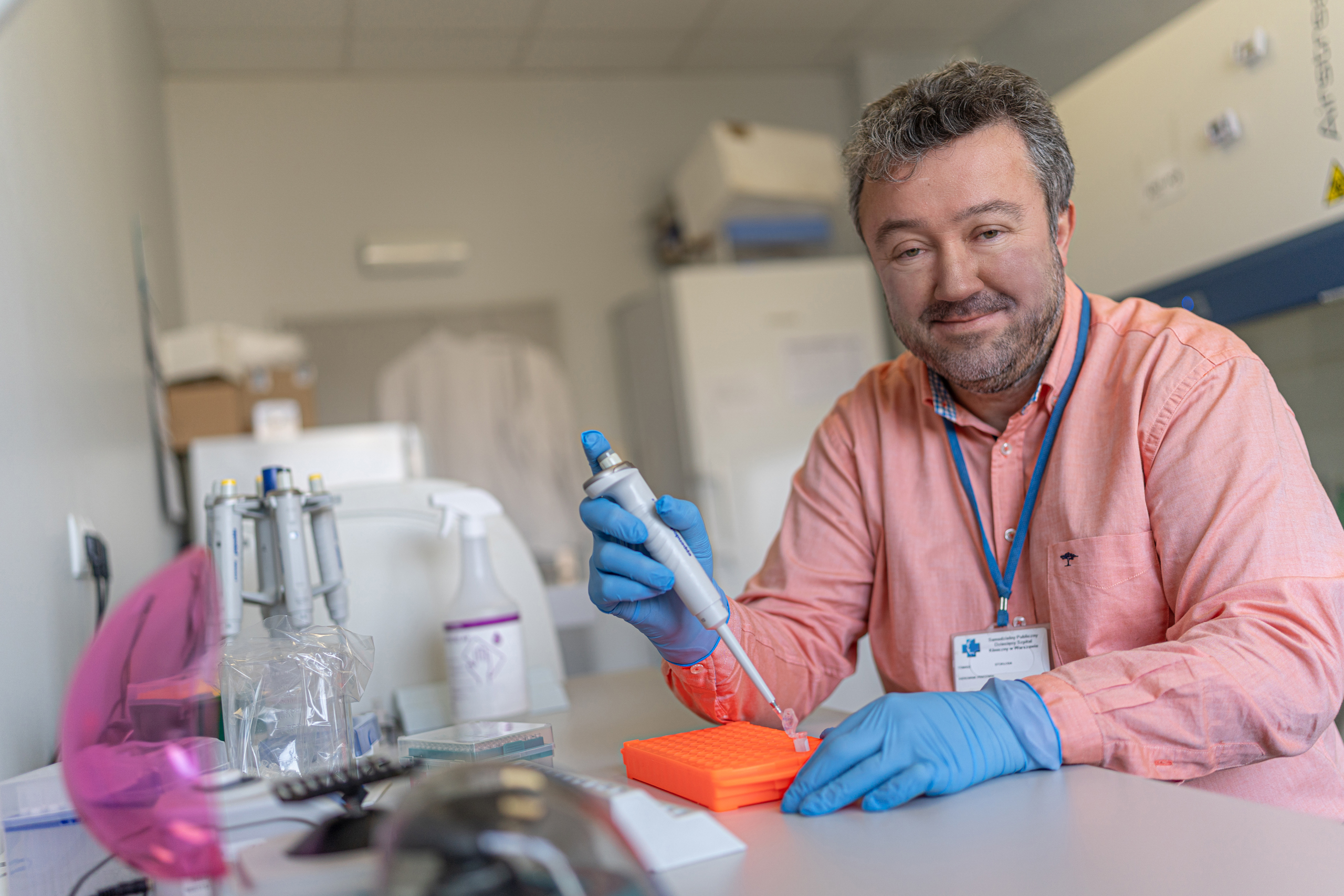Expert Guidance
It is one of the fastest growing fields of medicine. Today, technologies such as 3 D printing and mixed reality glasses are being used in orthopedics. And they are also used in our Department.
Some studies show that students experience mental crises more often than secondary and primary school students. However, students are mentioned much less often. Meanwhile, they and other young adults were the groups that fared worst in the first phase of the pandemic. Furthermore, the pandemic is not over yet.
Although the last two years have not been easy, last year in Poland we managed to carry out the largest number of heart transplants ever. On the other hand, the number of kidney and liver transplantations has dropped - says prof. Maciej Kosieradzki from the Chair and Department of General and Transplantation Surgery, MUW.
The claim that we are living longer every year thanks to medical advances is repeated in the public and media space. Meanwhile, it is not only access to modern therapies that guarantees a long and healthy life. Lifestyle plays a decisive role. And this means that our fate is in our hands.
It is commonly believed that obese patients accumulate excess body fat because they eat too much, move too little, and lack willpower. This is a very harmful myth. It causes the disease of obesity to be underestimated and untreated. Consequently, patients develop serious complications. An interview with Mariusz Wylezol, MD, PhD, from the 2nd Department of General, Vascular and Oncological Surgery MUW, located at Czerniakowski Hospital.
A positive recommendation has already been made and vaccinations will start soon. It's a chance to protect children from a disease that is not as benign to them as it seemed. Just compare it to other diseases we vaccinate against, such as influenza, chickenpox, whooping cough, and rotavirus. The threat of COVID-19 is not smaller at all. An interview with Ernest Kuchar, MD, PhD, from the Department of Paediatrics with Clinical Assessment Unit at the Paediatric Teaching Clinical Hospital of UCC MUW.
The researchers from the Regenerative Medicine Laboratory MUW have explained how coronavirus, on the one hand, can directly infect hematopoietic stem cells responsible for hematopoietic processes and, on the other hand, lead to a cytokine storm.
About 3 percent of patients with suspected myocardial infarction are thought to have takotsubo syndrome. We believe, however, that these data are greatly underestimated, and the disease is often underdiagnosed - interview with Monika Budnik, MD, PhD, and Prof. Marcin Grabowski from the 1st Chair and Department of Cardiology MUW.
Each year, 34 million children worldwide become ill from RSV. RSV infections are being talked about much more this season. What are the reasons and how to effectively protect yourself against the virus? We talk to Prof. Aneta Nitsch-Osuch, MD, PhD, a specialist in epidemiology, pediatrics and public health, Head of the Department of Social Medicine and Public Health at the MUW.
Modern technologies give an opportunity to determine the molecular profile of cancer, which was impossible a decade ago. They make it possible to study hundreds or thousands of genes simultaneously in order to find “weaknesses” in cancer cells. For years, the WMU has been a pioneer in large-scale research using the next-generation sequencing (NGS) technology not only in oncology but also in rare diseases or those where it is impossible to make a diagnosis without genetic testing.
